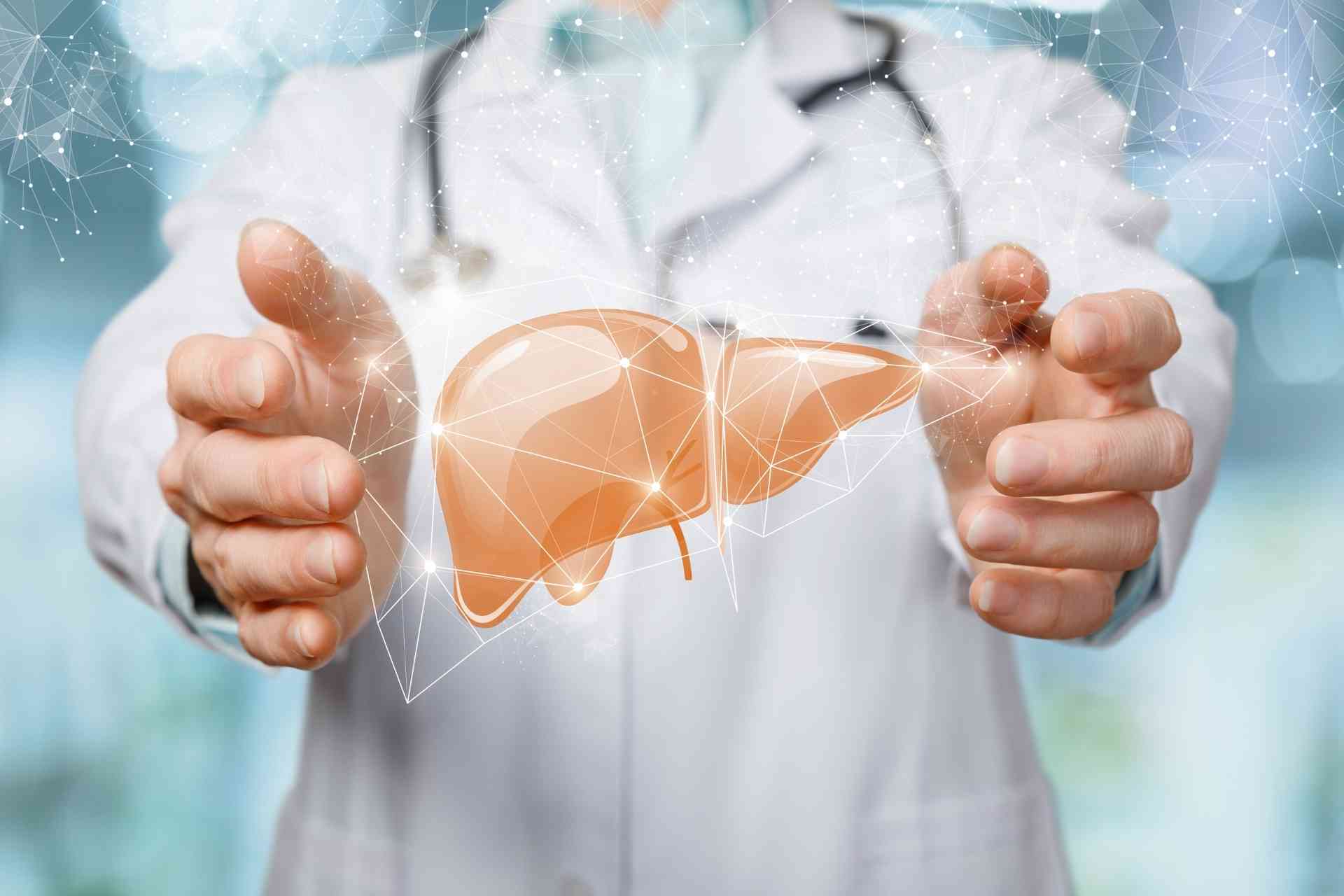What is already known on this topic
Primary sclerosing cholangitis, or PSC, is a long-term disease in which the ducts that carry the digestive liquid bile from the liver to the small intestine become inflamed and scarred. This can narrow or even block the bile ducts, and as a result bile builds up in the liver, causing liver damage. Studies have associated PSC with alterations in the microbiota composition of the gut and bile.
What this research adds
To elucidate the role of the microbiota in PSC, researchers studied a type of immune cells called mucosal-associated invariant T (MAIT) cells, which are abundant in the liver. The team collected bile from 28 people with PSC as they underwent liver transplant. Next, the researchers scoured the bile samples for microbial DNA and tested whether the samples could activate MAIT cells. Eight of the bile samples could activate MAIT cells, and microbial DNA was detected in five of these samples. The microbial species detected are likely able to produce a key enzyme in the vitamin B metabolism. This enzyme can produce vitamin B byproducts, which are known to stimulate MAIT cells.
Conclusions
The findings point to a pathway that connects the immune system and the microbiota in PSC.
Primary sclerosing cholangitis, or PSC, is a rare inflammatory disease that leads to liver damage. New research suggests that the microbiota can activate the immune system in ways that lead to liver inflammation and damage.
The findings, published in The American Journal of Pathology, point to a pathway that connects the immune system and the microbiota in PSC.
PSC occurs when the ducts that carry the digestive liquid bile from the liver to the small intestine become inflamed and scarred. This can narrow or even block the bile ducts, and as a result bile builds up in the liver, causing liver damage.
Studies have associated PSC with alterations in the microbiota composition of the gut and bile, and scientists have known that PSC most commonly affects people with inflammatory bowel disease (IBD), a group of conditions that cause long-term inflammation of the gut.
To elucidate the role of the microbiota in PSC, Espen Melum at Oslo University Hospital and his colleagues studied a type of immune cells called mucosal-associated invariant T (MAIT) cells, which are abundant in the liver.
Immune activation
First, the team collected bile from 28 people with PSC as they underwent liver transplant. Next, the researchers tested whether the samples could activate MAIT cells. Eight of the bile samples could activate MAIT cells, they found.
“Because 20 of 28 bile samples did not activate MAIT cells and because MAIT cell response induced by the different bile samples was highly variable, it is unlikely that the activation of MAIT cells results from a physiological constituent in bile,” the researchers say.
The team also collected bile from seven people with other chronic liver diseases, including alcohol-related liver disease and autoimmune hepatitis. Two of the seven bile samples were able to activate MAIT cells. However, the activation of MAIT cells was more potent in bile samples from people with PSC than in those from people with other chronic liver diseases.
Microbial trigger
To examine whether the responsible of MAIT cell-activation were microbes, the researchers extracted and sequenced microbial DNA from the bile samples. They detected microbial DNA in nearly 43% of the samples.
Of the eight bile samples that activated MAIT cells, five contained microbial DNA. Most of the microbial DNA detected belonged to bacteria including Actinobacteriota, Firmicutes, and Proteobacteria.
Further analyses showed that the microbial species detected in these samples are likely able to produce a key enzyme in the vitamin B metabolism. This enzyme can produce vitamin B byproducts, which are known to stimulate MAIT cells. “Some of these bacteria can potentially be altered with antibiotics selectively affecting some of the species known to produce MAIT antigens,” the researchers say. By revealing the role played by MAIT cells in PSC, the findings could also have implications for treatment, they say.











